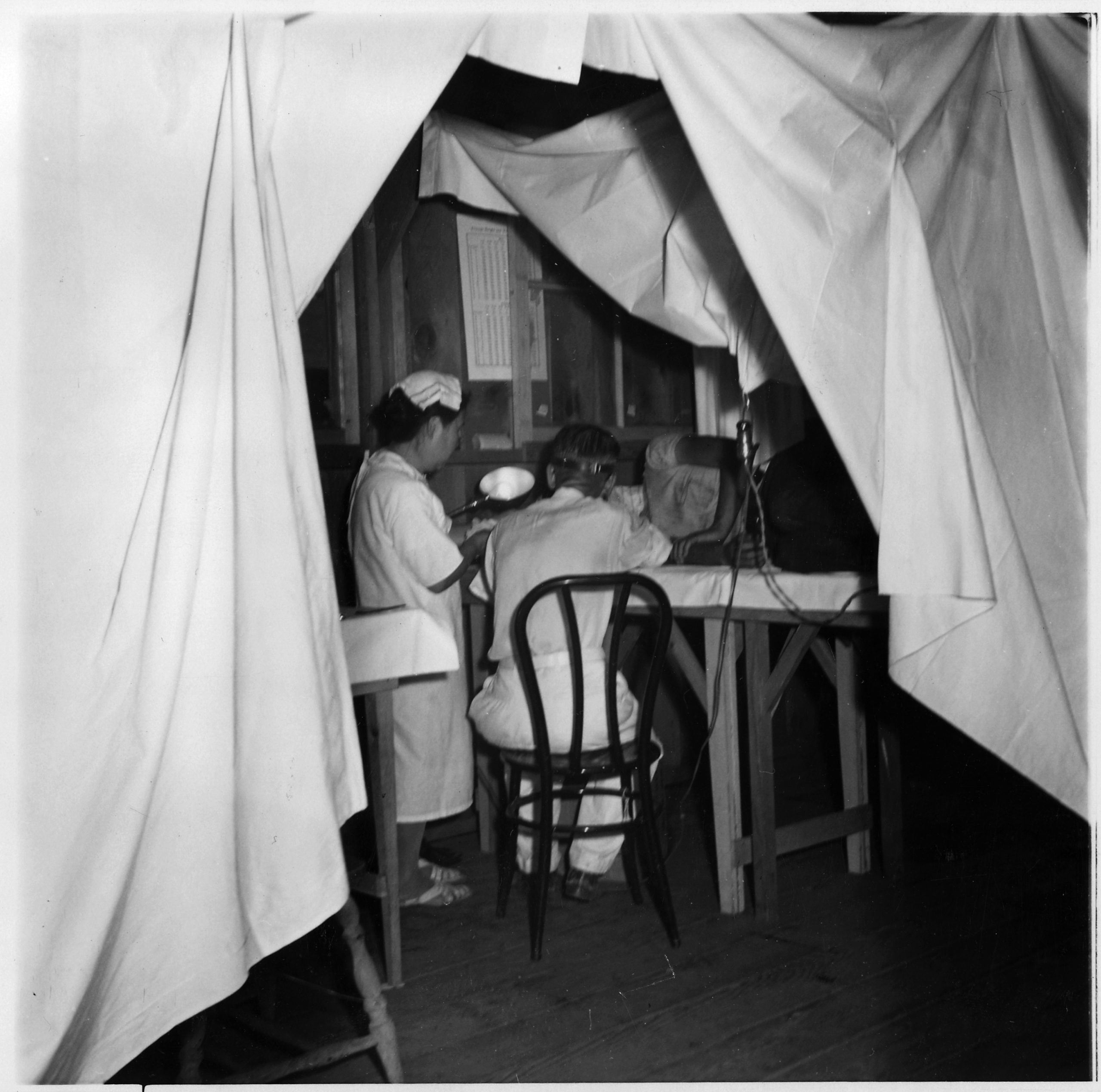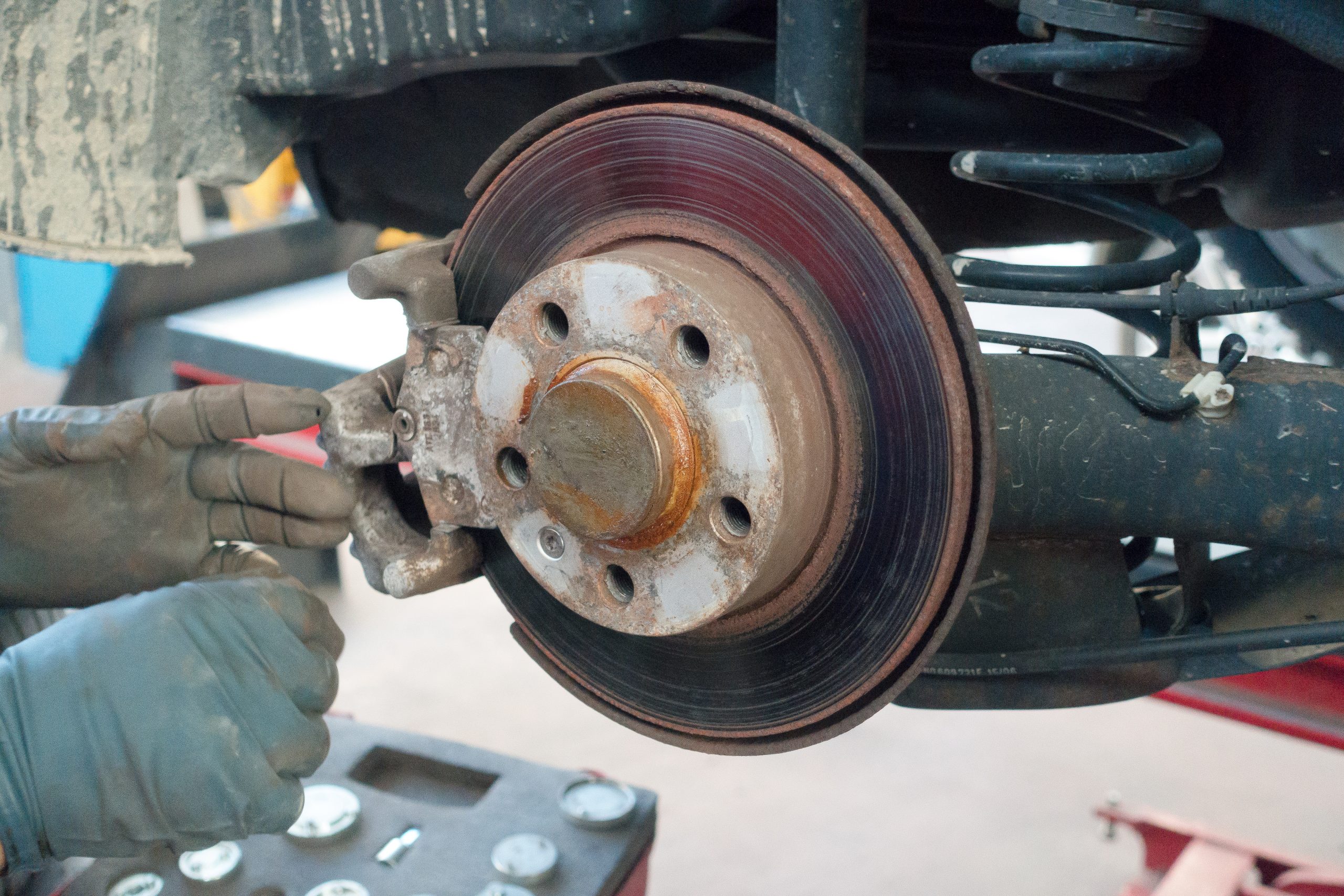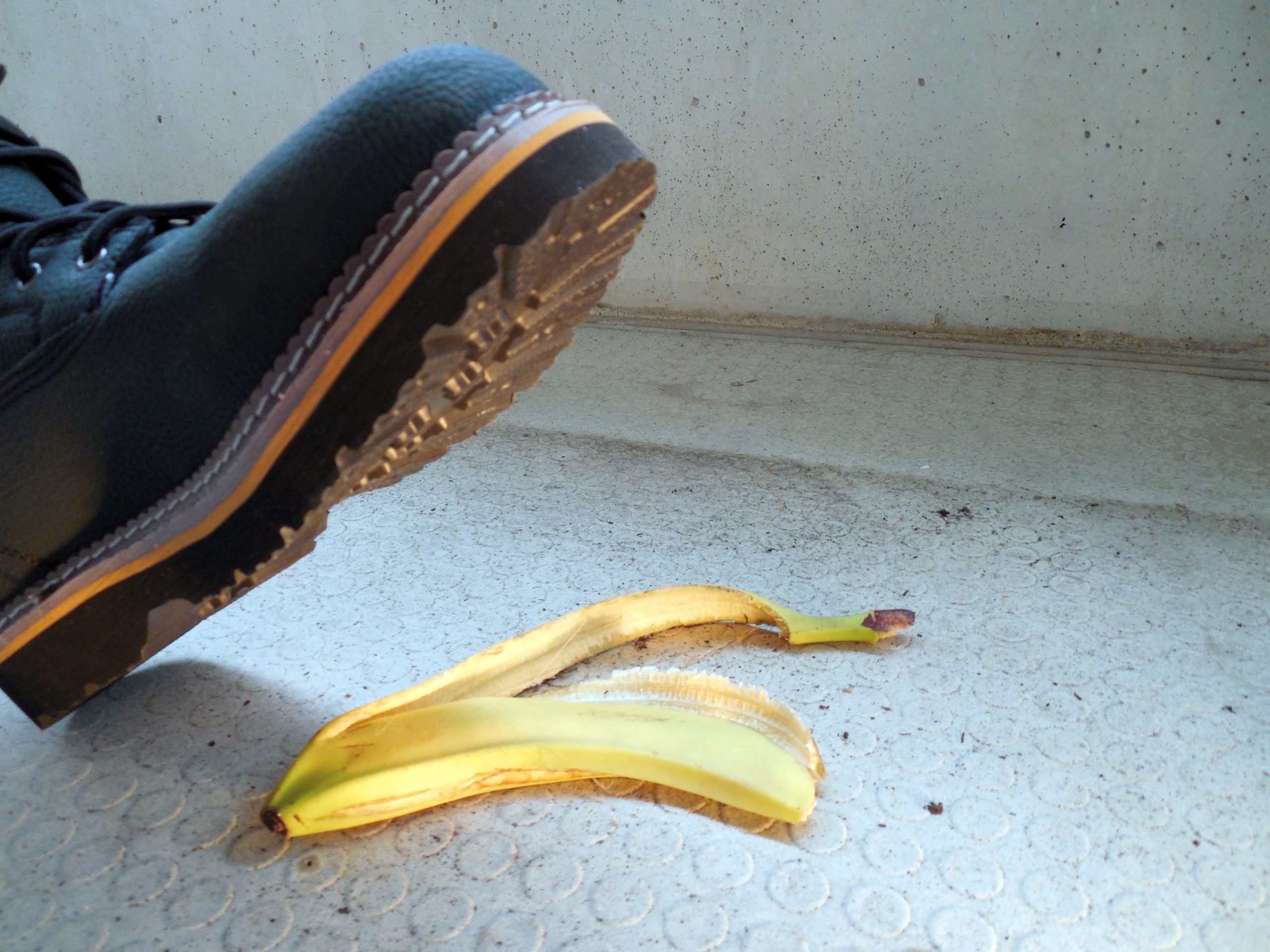 When accidents involve children, gathering factual information regarding their physical health becomes even more crucial for building a solid case. This is particularly evident in a vehicle collision that took place in Lafayette, Louisiana. The case highlights the specific requirements for demonstrating injuries to children in an auto accident and what is and isn’t required to prove injuries to a child.
When accidents involve children, gathering factual information regarding their physical health becomes even more crucial for building a solid case. This is particularly evident in a vehicle collision that took place in Lafayette, Louisiana. The case highlights the specific requirements for demonstrating injuries to children in an auto accident and what is and isn’t required to prove injuries to a child.
On January 19, 2015, Bradley Quoyer was backing out of a driveway onto a street in Lafayette, Louisiana, when his vehicle collided with the rear passenger side of Neosha Robertson’s vehicle. At the time of the collision, Ms. Robertson’s two minor children were in the back seat. She filed a lawsuit against the driver, Clement Bradley Quoyeser, and his insurance company on behalf of herself and her children, claiming that they both suffered injuries.
Quoyer filed a motion asking that the children be dismissed from the lawsuit, and the trial Court granted this motion. Robertson disagreed with the ruling and therefore appealed.
 Insurance Dispute Lawyer Blog
Insurance Dispute Lawyer Blog



 Being injured at work is never what you want to deal with. What’s worse is dealing with multiple independent medical examiners making opinions on your medical state. In the following case, the
Being injured at work is never what you want to deal with. What’s worse is dealing with multiple independent medical examiners making opinions on your medical state. In the following case, the  In contractual agreements, the validity of indemnity provisions can become a subject of contention between parties. But what happens when determining a contract’s maritime nature becomes pivotal in a case involving specialty services for drilling or production in navigable waters? As discussed below, this issue was scrutinized in a maritime appeal action filed with the
In contractual agreements, the validity of indemnity provisions can become a subject of contention between parties. But what happens when determining a contract’s maritime nature becomes pivotal in a case involving specialty services for drilling or production in navigable waters? As discussed below, this issue was scrutinized in a maritime appeal action filed with the  Divorce can be tumultuous, marked by significant stress and numerous life changes. Amidst the emotional and practical adjustments, it is crucial not to overlook a critical task: updating the beneficiary of your life insurance policy. In Claiborne Parish, a compelling case serves as a cautionary tale, underscoring the paramount importance of understanding and verifying your designated beneficiary on all insurance plans. The story unravels the unsettling reality that the proceeds from your life insurance policy may not end up in the hands of the intended recipient.
Divorce can be tumultuous, marked by significant stress and numerous life changes. Amidst the emotional and practical adjustments, it is crucial not to overlook a critical task: updating the beneficiary of your life insurance policy. In Claiborne Parish, a compelling case serves as a cautionary tale, underscoring the paramount importance of understanding and verifying your designated beneficiary on all insurance plans. The story unravels the unsettling reality that the proceeds from your life insurance policy may not end up in the hands of the intended recipient. Suppose you are considering settling a lawsuit related to injuries on the job. In that case, it is essential to understand how a potential settlement of a related claim could affect your workers’ compensation benefits. What happens to your workers’ compensation benefits if you settle a related lawsuit without written approval from your employer and their workers’ compensation insurer? The following case helps answer that question.
Suppose you are considering settling a lawsuit related to injuries on the job. In that case, it is essential to understand how a potential settlement of a related claim could affect your workers’ compensation benefits. What happens to your workers’ compensation benefits if you settle a related lawsuit without written approval from your employer and their workers’ compensation insurer? The following case helps answer that question. Although there is a common saying, “good things come to those who wait,” that is not true in the context of filing lawsuits, especially if they involve establishing paternity after your purported father passed away. Louisiana law has strict requirements that establish the time by which you must file a lawsuit. Your lawsuit will be dismissed if you do not comply with these requirements. What happens if the law governing how long you have to bring your lawsuit changes?
Although there is a common saying, “good things come to those who wait,” that is not true in the context of filing lawsuits, especially if they involve establishing paternity after your purported father passed away. Louisiana law has strict requirements that establish the time by which you must file a lawsuit. Your lawsuit will be dismissed if you do not comply with these requirements. What happens if the law governing how long you have to bring your lawsuit changes?  Being a classified civil servant provides certain protections, including the right to due process before termination. The following case revolves around a police officer who claimed his due process rights were violated when he was terminated following multiple infractions. It highlights the importance of adequate notice and an opportunity to be heard in cases involving the termination of classified civil servants.
Being a classified civil servant provides certain protections, including the right to due process before termination. The following case revolves around a police officer who claimed his due process rights were violated when he was terminated following multiple infractions. It highlights the importance of adequate notice and an opportunity to be heard in cases involving the termination of classified civil servants. If you have been involved in a motorcycle or car accident, you might not know how an expert witness could help support your claim in court. What happens if there is conflicting testimony from each party’s expert witness about the cause of the accident?
If you have been involved in a motorcycle or car accident, you might not know how an expert witness could help support your claim in court. What happens if there is conflicting testimony from each party’s expert witness about the cause of the accident? When it comes to personal injury claims resulting from slips, trips, or falls, the concept of open and obvious defects plays a significant role. Failing to act reasonably or being harmed by an apparent defect may hinder your ability to recover compensation for your injuries. This case exemplifies the importance of these factors in determining liability.
When it comes to personal injury claims resulting from slips, trips, or falls, the concept of open and obvious defects plays a significant role. Failing to act reasonably or being harmed by an apparent defect may hinder your ability to recover compensation for your injuries. This case exemplifies the importance of these factors in determining liability. When you make a quick run to the store, the last thing you expect is to be injured while shopping. If you slip and fall at a store, you might expect the store to be responsible for any injuries you might have suffered. However, Louisiana law requires that a store have actual or constructive knowledge of the hazardous condition to be held liable. Therefore, if you are considering filing a lawsuit against a store for a slip-and-fall accident, it is essential to provide evidence of the store’s knowledge so your claim does not get dismissed.
When you make a quick run to the store, the last thing you expect is to be injured while shopping. If you slip and fall at a store, you might expect the store to be responsible for any injuries you might have suffered. However, Louisiana law requires that a store have actual or constructive knowledge of the hazardous condition to be held liable. Therefore, if you are considering filing a lawsuit against a store for a slip-and-fall accident, it is essential to provide evidence of the store’s knowledge so your claim does not get dismissed.